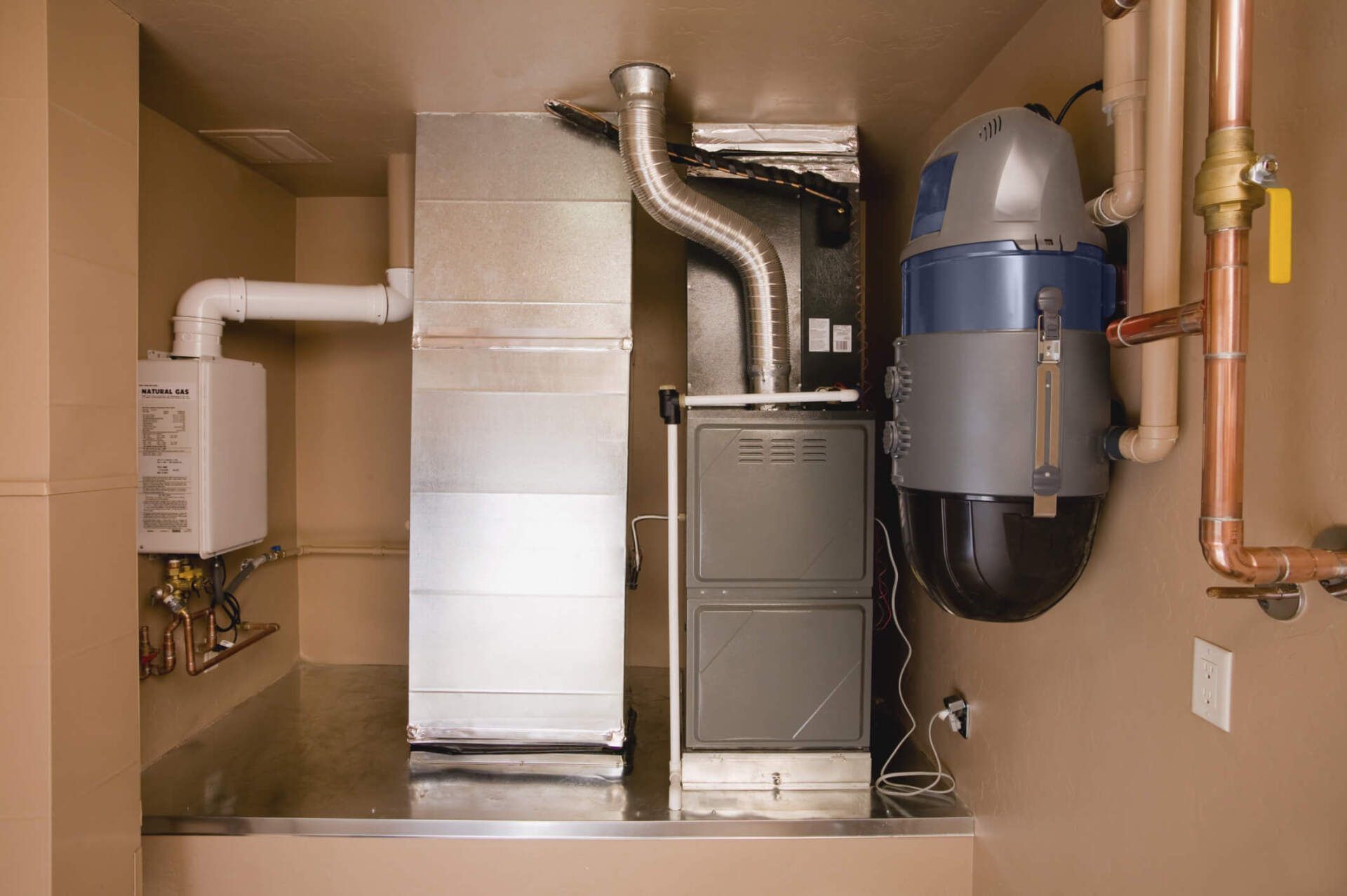Gas, Electric, or Oil: The Pros and Cons of Each Furnace Type

Though burning wood used to be the only option to keep warm during the winter, today many different heating options are available that require different types of fuel. Though woodstoves and fireplaces are still available, most Americans have transitioned to modern-day furnaces.
If you have considered furnace options for a building remodel or for a new home, don't forget to think about what type of fuel you want your furnace to use. Read on to learn about some of the pros and cons of gas, electric, and oil furnaces.
The Different Types of Modern Furnaces
Modern furnaces can be divided into three distinct types: furnaces that burn natural gas, furnaces that run on electricity, and furnaces that burn heating oil. Each type of furnace differs in installation costs, annual heating bills, heating efficiency, emissions levels, and convenience.
Gas Furnaces
Natural gas started to be used as a heating fuel in the 19th century, and today, natural gas furnaces are by far the most common, heating around 50 percent of homes in the United States. Many commercial and residential buildings connect to municipal natural gas lines, which can make utilizing this type of furnace fuel very convenient.
Because they are so common, gas furnace installation costs tend to be average, and annual heating bills tend to be consistent due to the ready availability of natural gas. The best gas-burning furnaces can also be highly efficient, converting almost all of their fuel into heat.
If your home or building doesn't already connect to gas lines, however, a gas-burning furnace may not be your best option. The initial installation costs of your furnace will be compounded by the fees to put in new gas lines.
Additionally, there is a risk, however small, that your furnace could develop a gas leak, which could cause an explosion or gas poisoning.
Electric Furnaces
Electric furnaces are among the most modern options. Since most modern buildings already come with electricity, electric furnace installation costs are relatively low, especially compared to gas furnaces.
Electric furnaces are highly customizable and can readily incorporate new technology like smart thermostats. These furnace systems also do not produce harmful or hazardous byproducts, which make them one of the safest types of furnace. They are also highly efficient, wasting very little energy in your home or building.
Some of the drawbacks of an electric furnace, however, include the tendency to raise your electricity bill during the winter months. Also, electric furnaces are dependent on the electricity grid, which means that if the power in your area goes out, your furnace will not provide heat.
Oil Furnaces
Heating oil has been used since the 1920s and continues to be used because of the distinct advantages it provides as a heating fuel. Modern oil-burning furnaces are not often quite as fuel-efficient as gas or electric furnaces, but heating oil burns hotter than either gas or electricity and can often heat a building more quickly.
Initial installation price tends to be higher for oil furnaces, but they can make up for the cost with their durability and longevity: oil furnaces can last for 20–30 yearscompared to the 12–15 years expected of an electric furnace.
Annual heating bills can fluctuate depending on the price of oil products in a given year, which can make heating costs for an oil furnace more or less than gas or electric options. However, providers of heating oil are often more willing to provide options for their customers than the municipal authorities who control access to electricity and gas.
Oil furnaces produce very little harmful byproducts. Unlike natural gas, heating oil is not flammable or explosive, making this type of furnace one of the safest options. Additionally, oil furnaces do not rely on the electric grid or gas lines to function: as long as you have a supply of heating oil, your furnace will continue to produce heat regardless of power outages.
As you prepare to install a new furnace system, consider the benefits of each type. If you plan to install or already possess an oil-burning furnace, turn to Biltmore Oil to provide the steady supply of heating oil you need.
